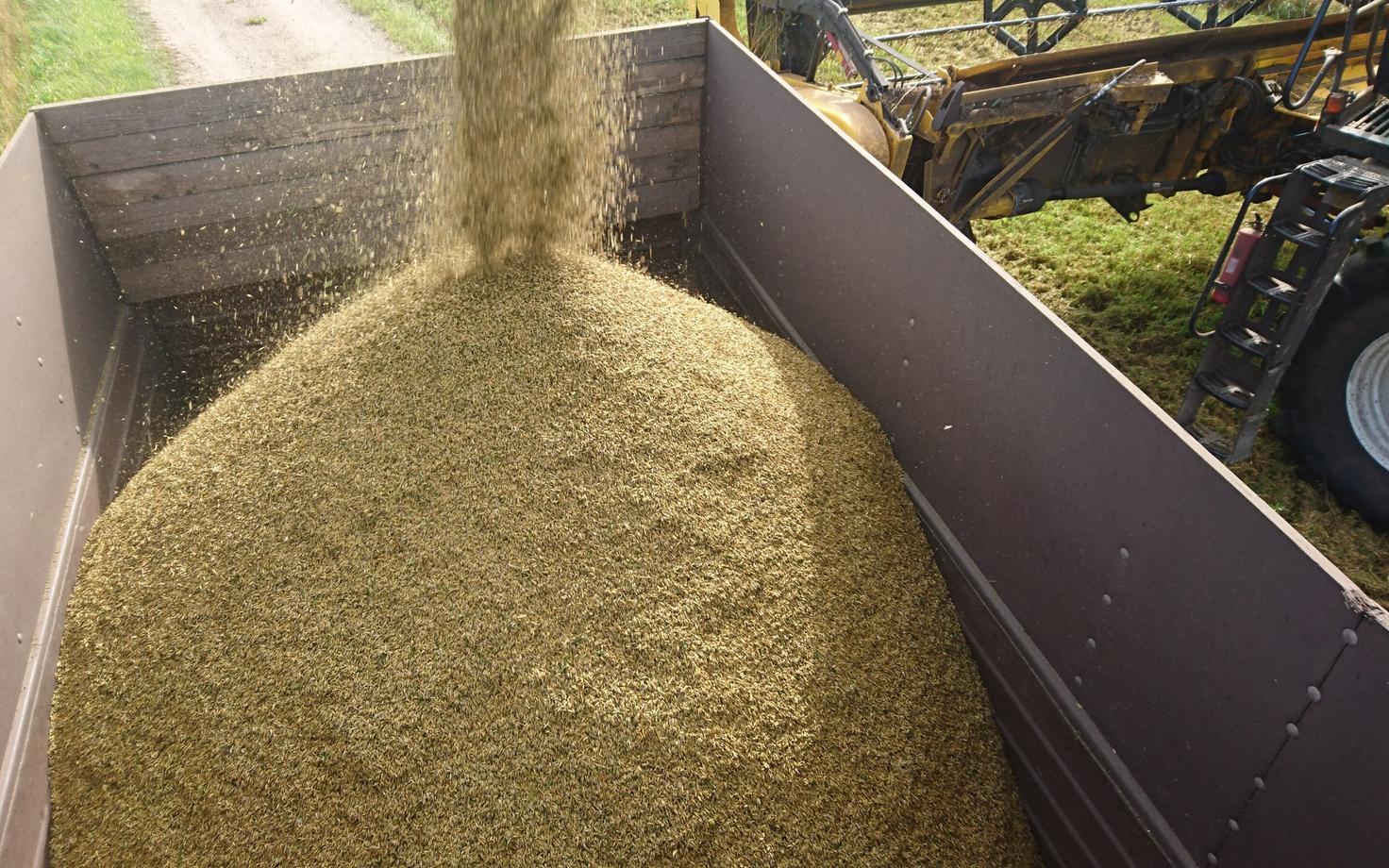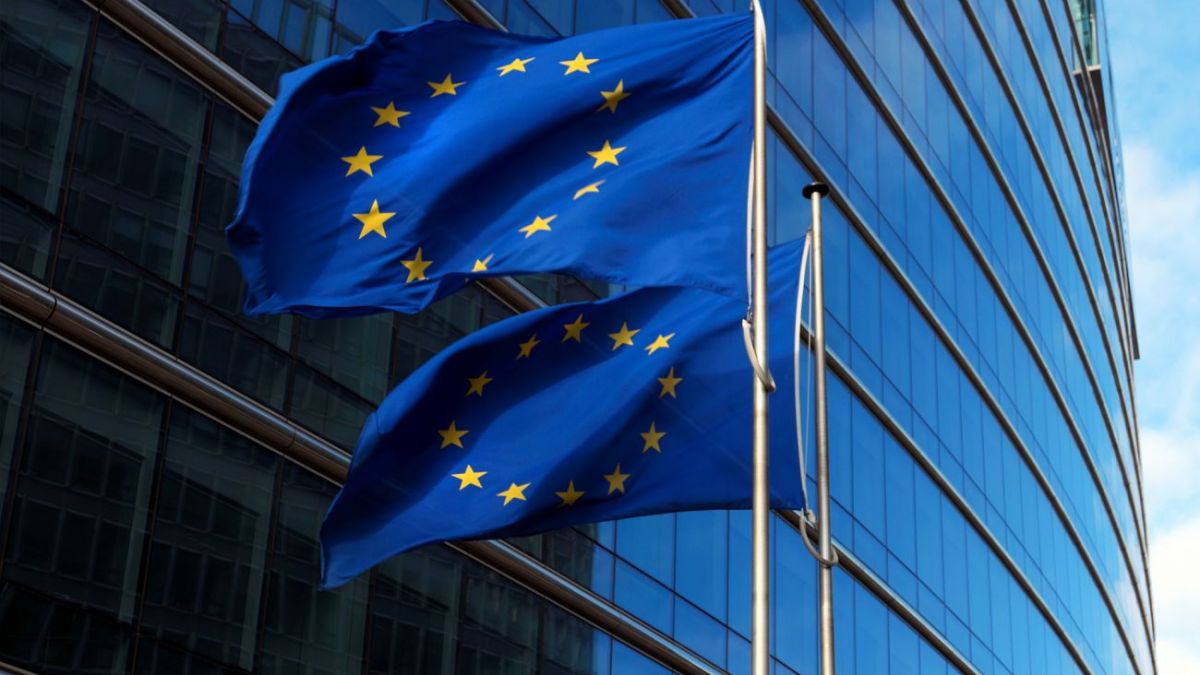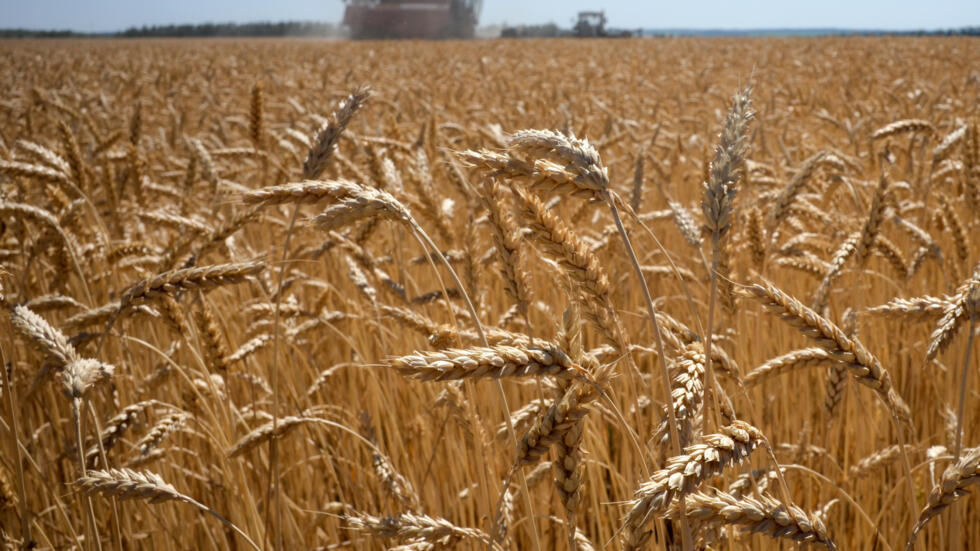The European Commission has put forward a proposal for a significant rise in tariffs on Russian grain entering the European Union’s common market.
The proposed measure covers cereals, oilseeds, and related products originating from Russia and destined for sale in any of the 27 member states. Goods from Belarus, a close ally of Vladimir Putin often implicated in his disruptive actions, would also be subject to the same tariffs.
A sharp increase compared to the current zero duties. Other products would face a “ad valorem duty” of 50% to align with the anticipated rise. These high tariffs are intended to deter purchases of Russian grain, which amounted to 4.2 million tonnes worth €1.3 billion last year. Belarus, on the other hand, sold 610,000 tonnes valued at €246 million to the EU.

Although these figures represent a small fraction of EU imports, the Commission is concerned that Russia, as one of the world’s largest agricultural producers, could flood the European market with low-cost cereals and disrupt stability, should Putin decide to do so.
The proposal is essentially precautionary, aiming to prevent revenue from the export of grain and ensure that grain obtained from occupied Ukrainian territories by Russian troops does not reach European markets.
Despite the tariffs, European companies would still be allowed to trade and store Russian and Belarusian grain, although it may not be economically viable due to the steep tariffs. Transit shipments passing through the EU to other destinations, such as those in Northern Africa, would be exempt from these measures.
The proposal, announced on Friday, requires approval from member states through a qualified majority vote. Commission President Ursula von der Leyen outlined the rationale behind the proposal, emphasizing its role in safeguarding the EU market and preventing illegal exports of Ukrainian grain.

Ukrainian President Volodymyr Zelenskyy highlighted the issue of unfair competition, with Russian grain still entering European markets despite disruptions to Ukrainian exports.
The agricultural sector has become politically sensitive since the start of the conflict, particularly after Russian actions disrupted Ukraine’s traditional trade routes. Efforts to mitigate these disruptions, such as the “solidarity lanes” initiative, faced resistance from some EU member states concerned about the impact on local agriculture.
Despite attempts to address these concerns through agreements and safeguards, challenges remain, with member states seeking further analysis before reaching a consensus on trade regulations.







Leave a Reply